John Leonardo, general manager, signals and communications, said CP will begin a five- to 10-year process of upgrading systems in its Mount Macdonald Tunnel on Rogers Pass, a 9.1-mile bore that opened in 1988.
“We believe it’s our current most important asset – our most expensive asset,” Leonardo said, noting the $500 million construction cost. “It’s tired. The hardware is obsolete, basically. We have many systems [to upgrade] – from the ventilation system that controls cooling the train, to power systems, to communication system, to the the signalling system. It was based on capacity requirements back in the ’80s, and our railroad’s very different. An example of that: it can take 45 minutes to purge [exhaust] after each train, and we need to reduce that so we can get more throughput.
“We’ll be hiring a consultant to figure out what technology’s out there and the cost, and then how do we go from where we are, this brownfield technology that’s critical, to install a new system. … This year, we’ll be starting on some of the the critical stuff: communications network in the tunnel, which we don’t have today; cameras; some of the substations have to be replaced, and the switch gear has to be replaced.”
Leonardo also said the railroading is looking to automate some of its system testing, citing as an example its need to test gates at grade crossings. “In Canada, we have to test every crossing once a week … we spend approximately $16 million just doing that in a year. We know there’s technology out there that can automate the testing, and constantly check the systems all over the property. So we’re very focused on that.”
Tentative plans for 2019 – final plans won’t be determined until February – include 240 miles of new rail; 1.2 million new ties; 70 miles of ballast resurfacing; about 70 new turnouts; 65 bridge design or construction projects; 40 bridge tie replacement projects; and 110 culvert design or replacement projects.
In reviewing 2018, when the railroad had a $1.6 billion capital spend, Leonardo noted that CP and its contractors had built a new 22-track, 44-turnout yard in Calgary, Alberta, in just three months. “An incredible story,” he said. “… It’s got a new automated signal system; it’s got cameras; it’s got lights; it’s got generators. We also took out six feet of soil for 10 acres.
“Never in my career have I seen anything like it. We ran the first train one day early.” Calling in “the best project of my career,” he said it was a tribute to about 40 suppliers who were involved.
Heading the list of CSX projects for 2019, according to Tod Echler, assistant vice president, engineering, is the 75th Street Corridor project in Chicago, which address the snarl of tracks that meet at Forest Hill Junction, Belt Junction, and 80th Street Junction. Some $474 million in funding is now in place to start the project, which in total will cost more than $1 billion. [See “Fixing Chicago,” Trains, July 2015.] Of that, $250 million is devoted to a flyover that will carry two CSX tracks over Norfolk Southern and Metra tracks at Forest Hill Junction. “We’re waiting for all the agreements right now before we can start the design,” Echler said. “We’re hoping to get all that by February. We’re going to elevate 6,500 feet. It eliminates eight diamonds.”
Capacity projects include a double-track extension of more than 6 miles on the Lineville Subdivision in Alabama and Georgia; 2-plus miles of double-track extension at Wildwood in Chattanooga, Tenn.; and a 2-mile extension of Stouts siding in North Carolina. CSX will also be building its new $100 million intermodal terminal at Rocky Mount, N.C., and expanding intermodal facilities at Fairburn, Ga. (a project nearing completion); Charlotte, N.C.; Syracuse, N.Y.; and Nashville, Tenn.
Echler said the railroad’s experience with Precision Scheduled Railroading also has identified some locations where capital work will be needed to clear trouble spots, but those projects have yet to be designed and are not yet ready to be announced
Major projects completed in 2018 include the Virginia Avenue Tunnel in Washington, D.C. [See “National Gateway realized,” Trains, February 2017], and the revamping of Acca Yard in Richmond, Va., which began in spring 2016. The railroad built 9 miles of new main line, relocating the mains from the middle of the yard to around its perimeter, and a separate track for passenger trains. In all, it was a $125 million project.
In 2018, the railroad installed more than 440 miles of rail, either new or relayed; 2.6 million ties; more than 38,000 switch ties and 22,600 bridge ties; and did more than 2,100 miles of surfacing. It also installed 36 miles of double track or new sidings. Echler said he foresaw increases in rails and ties, but that the new track figure could be down, given the completion of several long-term projects in 2018.
Mark Wille, assistant vice president, engineering field operations, said the railroad plans to install 460,000 ties and 25 miles of rail and refurbish or replace 13 bridges in 2019, after installing 323,00 ties and 55 miles of rail, and addressing 13 bridges in 2018. On its Meridian Speedway joint venture with Norfolk Southern, it will install 60,000 ties and 8 miles of rail, and do work on two bridges.





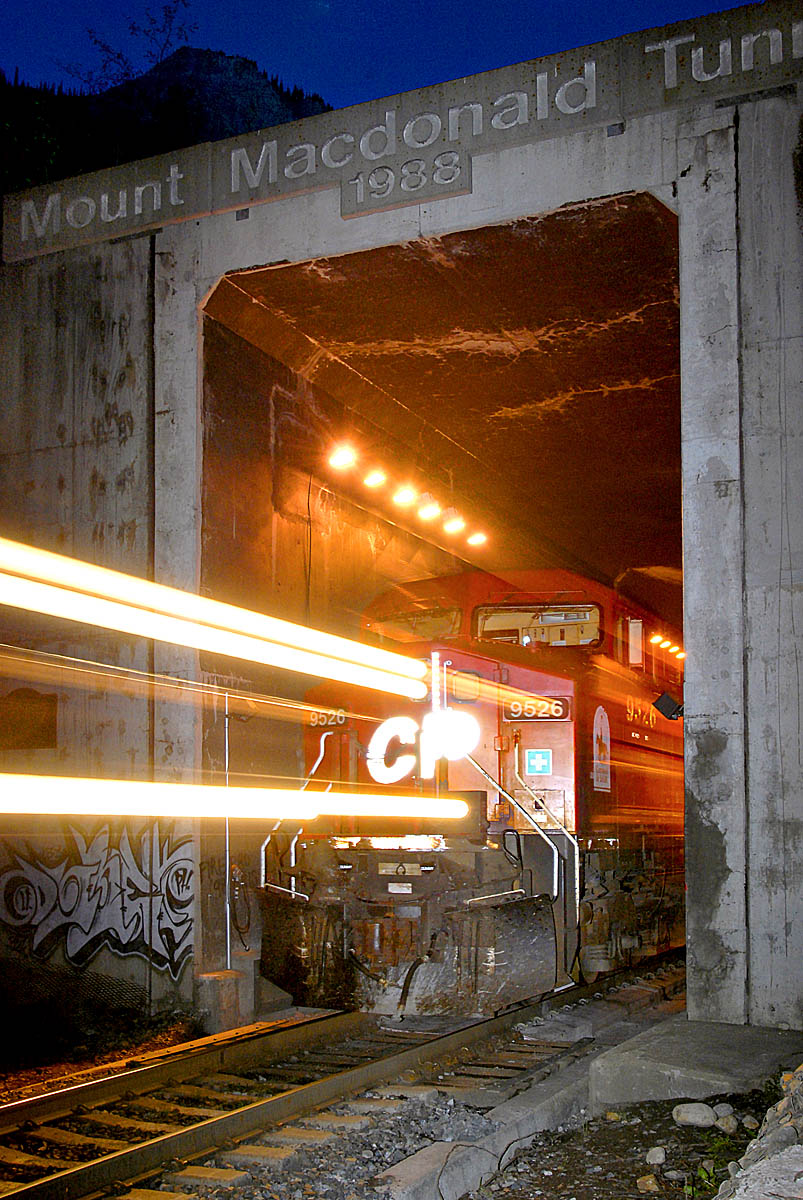
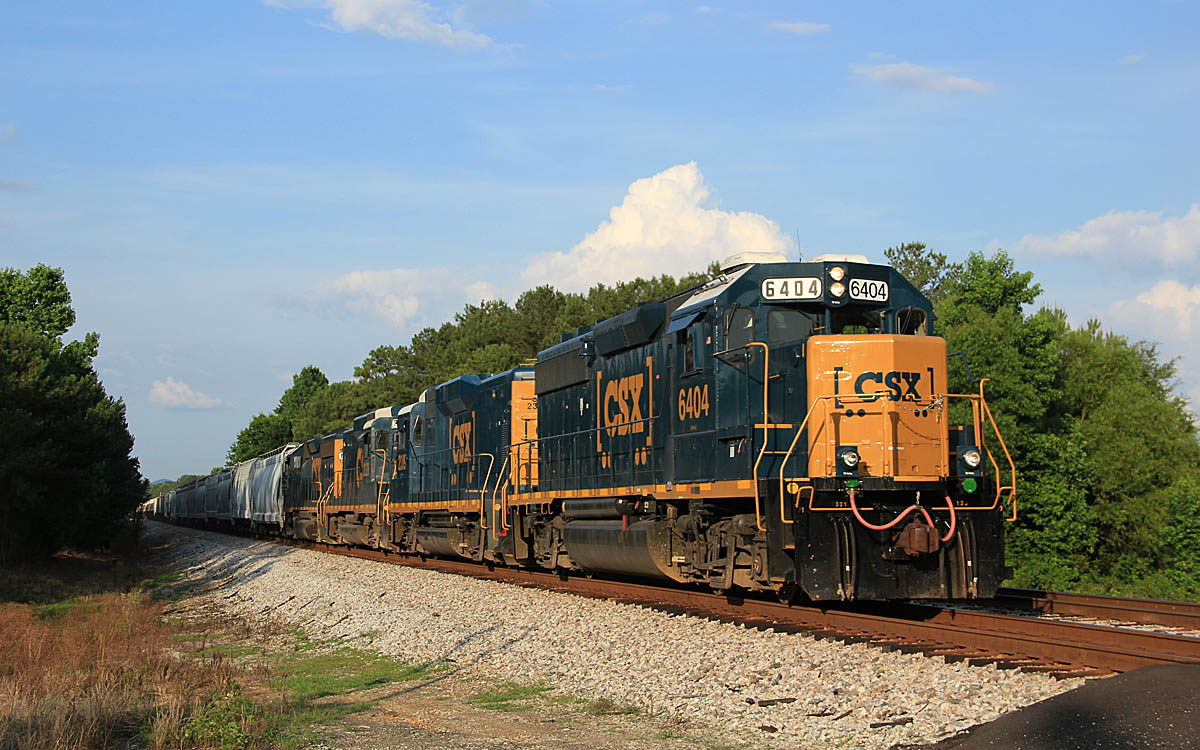
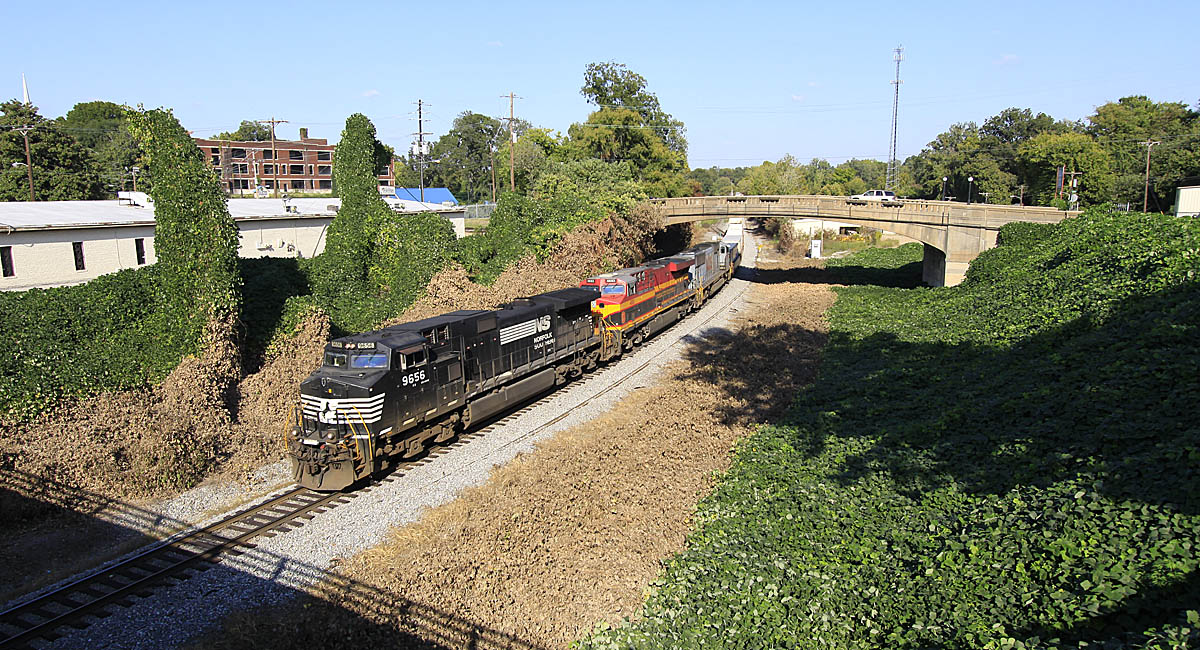

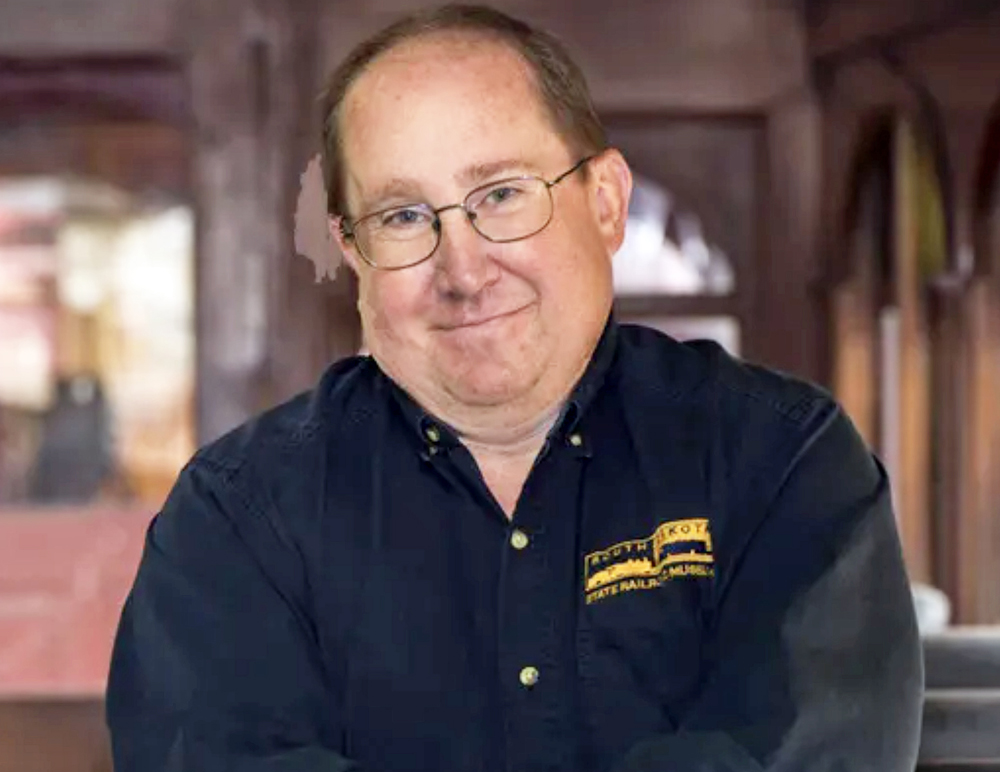
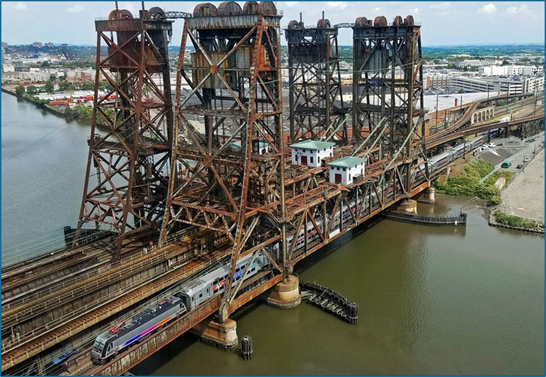

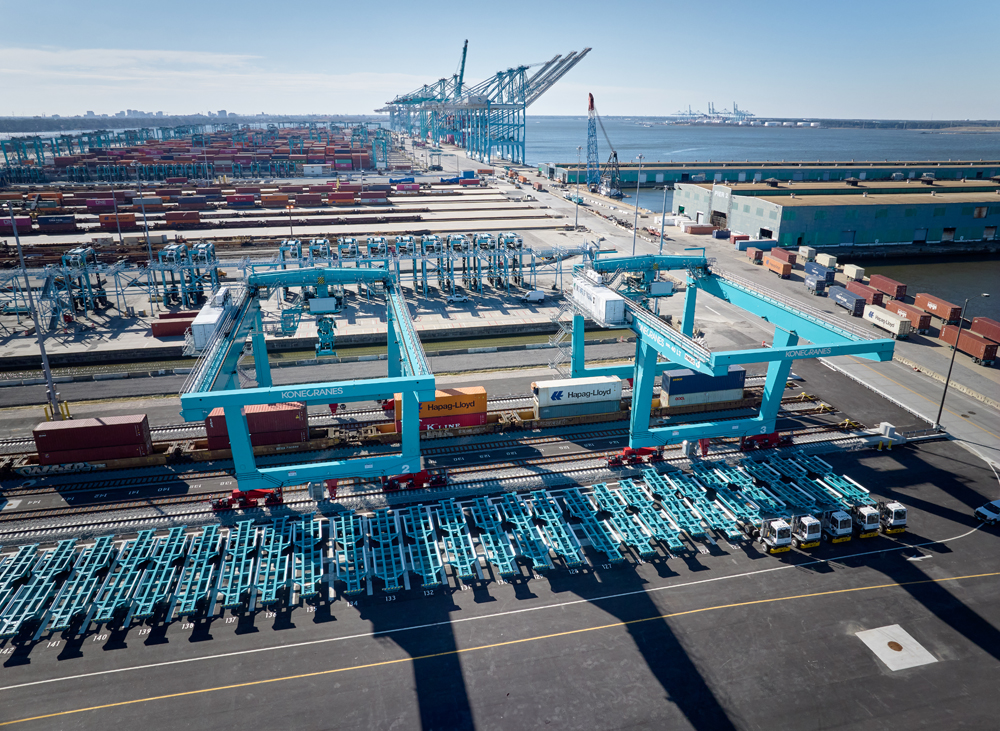




There is a news report here in Michigan that says in effect, Lake State Railway will take over running the CSXT Saginaw sub from Mt. Morris Mi south to Plymouth Mi early in March 2019. This will be in the form of a “lease trackage with CSX retaining running rights”…there has been speculation for over a year that LSRC would get this trackage eventually after CSX announced in early 2018 that they would like to prune some of it’s Michigan trackage.
I’ve heard the former governor of New Jersey called many things over the years but “Corpus Christie” is a new one! The KCS yard is at Corpus Christi.
No mention by CSX for finishing the installation of that third track between Arkendale and North Possum Point on the RF&P Sub of the Baltimore Division in Northern Virginia this year.